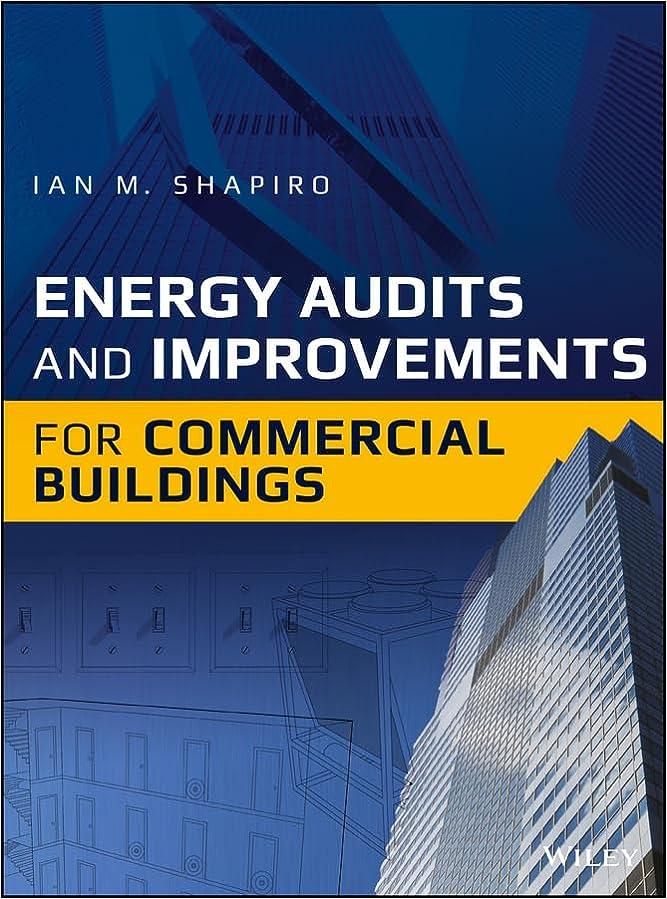Question
Public colleges and universities must follow GASB standards. For that reason, these schools have been directed to use the same reporting model as state and
Public colleges and universities must follow GASB standards. For that reason, these schools have been directed to use the same reporting model as state and local governments although such schools are frequently classified as special purpose governments consisting solely of business-type activities so that they only need to produce fund financial statements.
Private not-for-profit colleges and universities adhere to FASB Accounting Standards Codification requirements and prepare financial statements as illustrated in Chapter 18 of the the Advanced Accounting 12TH edition textbook by Joe B. Hoyle, Thomas F. Schaefer, and Timothy S. Doupnik. U.S. GAAP for public schools comes from GASB; for private schools, it comes from FASB.
Readers of college and university financial statements may want to compare the data presented by various institutions. The use of this information is especially important to potential donors who are attempting to evaluate each schools efficiency and effectiveness in utilizing decision makers the funding that it receives.
Are decision makers well served by the division between the financial reporting appropriate for public colleges and universities and that utilized by private colleges and universities?
Are these two types of schools so different that they require two separate sets of generally accepted accounting principles created by two official bodies?
Should one set of U.S. GAAP apply to all schools?
Should only one group be in charge of developing U.S. GAAP for colleges and universities?
Step by Step Solution
There are 3 Steps involved in it
Step: 1

Get Instant Access to Expert-Tailored Solutions
See step-by-step solutions with expert insights and AI powered tools for academic success
Step: 2

Step: 3

Ace Your Homework with AI
Get the answers you need in no time with our AI-driven, step-by-step assistance
Get Started


